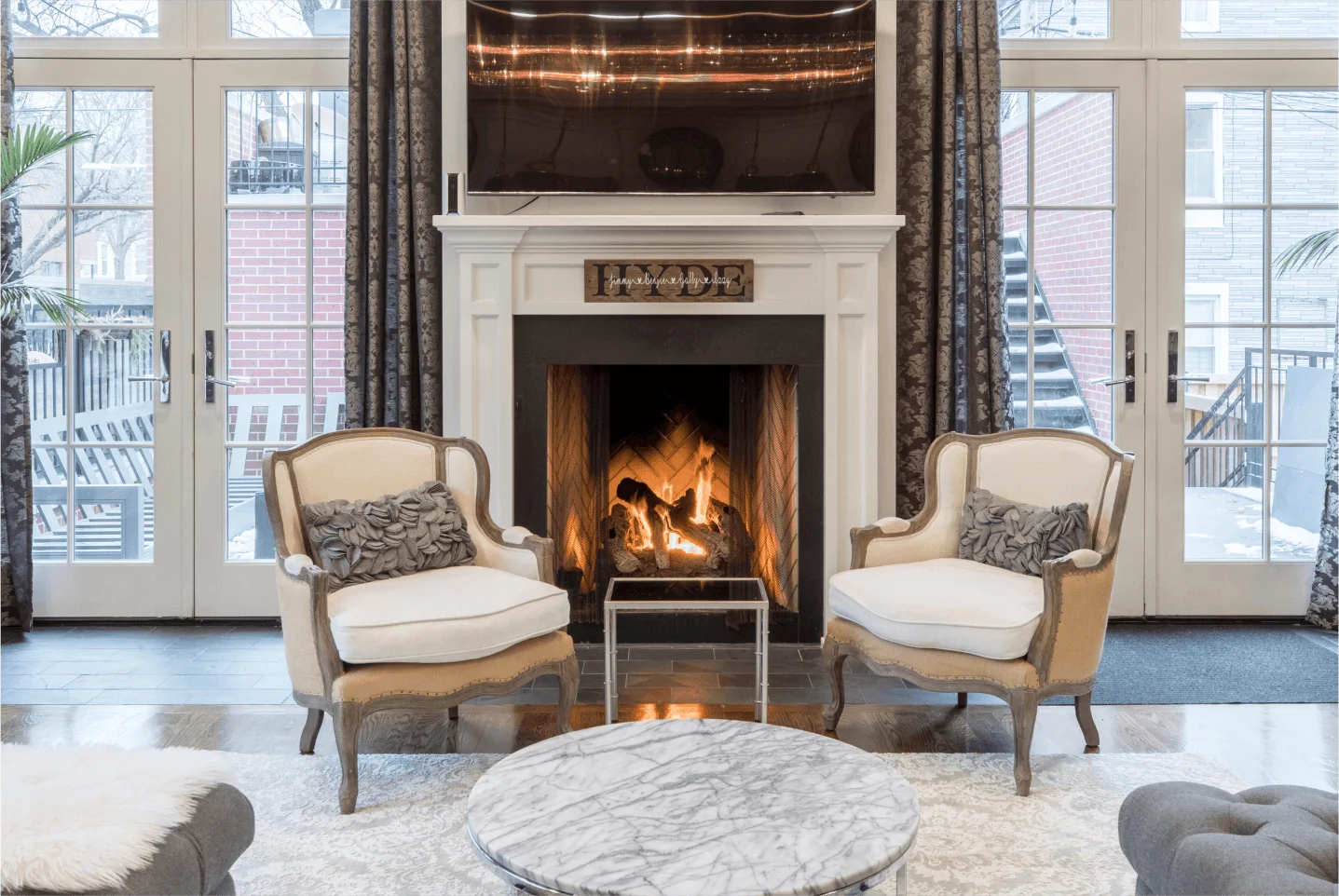
When considering whether to buy or rent a home, it's important to look closely at both options. Each has its own benefits and challenges, and the right choice can depend on your personal financial situation, lifestyle preferences, and future goals. This article will help clarify these options and provide you with useful information to make informed decisions.
Let’s start with renting. Renting a home means you pay a landlord for the right to live in a property. This arrangement can provide flexibility, especially if you’re not ready to commit to a long-term residence. Renting often requires a smaller upfront investment compared to buying a home. Generally, you will need to pay a security deposit and the first month’s rent, which is typically much less than a down payment on a home.
Another advantage of renting is the ability to relocate easily. If you get a new job in another city or want to try a different neighborhood, moving from a rental can be simpler than selling a house. Additionally, as a renter, you don’t have to worry about maintenance costs or property taxes. When something breaks, you can call your landlord to handle the repairs.
However, renting does have its downsides. You won’t build any equity in the property, which is the value you own in the home. Each month’s rent goes directly to the landlord without contributing to your personal investment. Furthermore, your rent can increase over time, depending on the market and the landlord’s decisions. You also have limited control over the property and may face restrictions on how you can decorate or use the space.
Now, let’s explore the option of buying a home. Homeownership offers several advantages, primarily the ability to build equity over time. Each mortgage payment you make increases your ownership stake in the property. As the value of the home appreciates, your investment grows, potentially providing financial benefits in the long run.
Owning a home also gives you greater stability. You won’t face the risk of your landlord deciding to sell the property or raise your rent drastically. Instead, you can plan for your future with a clearer understanding of your housing costs. Additionally, homeowners can customize their properties without restrictions, allowing for a personal touch that renters may not have.
However, buying a home comes with its challenges. The initial costs are usually higher, requiring a down payment, closing costs, and various fees associated with purchasing a property. You’ll also be responsible for ongoing expenses such as property taxes, homeowner's insurance, and maintenance costs. These additional expenses can sometimes be unexpected, so it’s essential to budget accordingly.
Another factor to consider is the commitment that comes with homeownership. Selling a home can be a lengthy and complex process. If your circumstances change, such as needing to move for a job, you may find yourself in a tough situation with a house that you need to sell but can’t do so quickly.
One way to approach your decision to rent or buy is to evaluate your current financial situation and future plans. Start by assessing your budget. How much can you afford for monthly payments or rent? If you’re considering buying, think about how much cash you have available for a down payment, and consider your credit score as it will influence your mortgage options.
Next, consider your lifestyle. If you enjoy moving around, exploring new neighborhoods, or aren’t ready to settle down, renting might be the better choice for you. However, if you value stability, have a stable job, and want to invest in an asset, buying a home could be the right path.
It’s also wise to think about your long-term goals. Are you planning to start a family soon? Do you see yourself living in the same area for several years? Your answers to these questions can help guide your decision. For example, if you plan to stay in one place for an extended period, buying may make more sense. On the other hand, if your goals are more fluid, renting might be a more suitable option.
If you're leaning towards homeownership, a crucial step is to get pre-approved for a mortgage. This process involves a lender reviewing your financial situation to determine how much they are willing to lend you. This can give you a clearer understanding of your budget and help streamline the home-buying process.
Moreover, it’s essential to do thorough research on the housing market in your desired area. Look into property values, neighborhood amenities, and local schools. Understanding the market can help you make a more informed decision on when and where to buy.
For those opting to rent, consider what type of rental property best fits your needs. Evaluate the location, size, and overall condition of the property. Make sure to read the lease carefully and understand the terms before signing. Knowing what is expected can save you from potential disputes later.
Whether you decide to rent or buy, it’s vital to stay organized and informed throughout the process. Create a checklist of what you need to consider and keep track of all your documents and communications. This preparedness will help you feel more confident in your decision.
Remember, each individual’s situation is unique, and there is no one-size-fits-all answer to the buy vs. rent debate. It’s perfectly normal to have questions or need further clarification as you weigh your options. I encourage you to reach out so we can discuss your specific goals and needs in more detail. Together, we can explore the best path for you in your journey towards housing, whether that’s renting or buying.


Sr. Loan Officer
Vision One Mortgage, Inc. | NMLS: 1472750